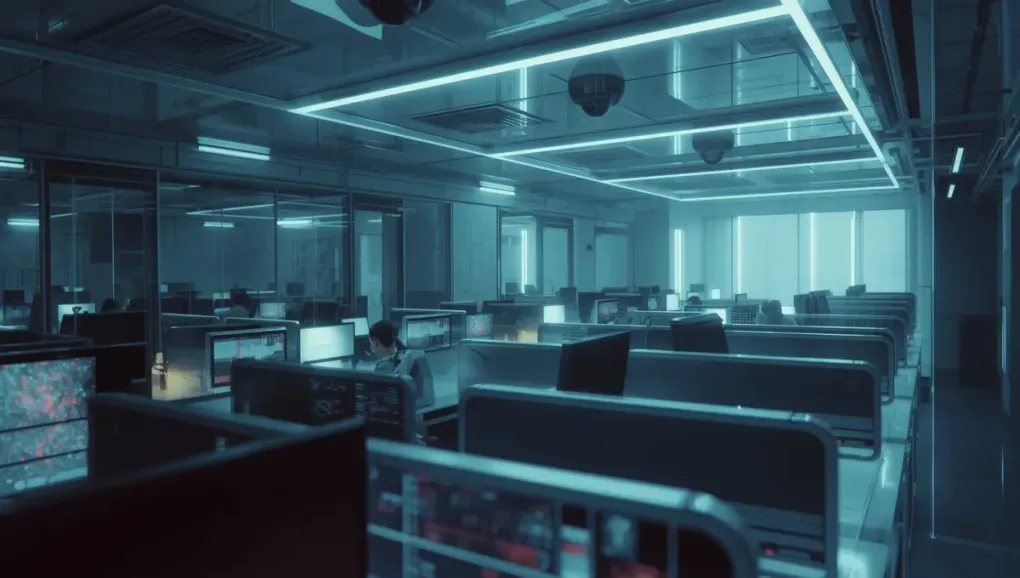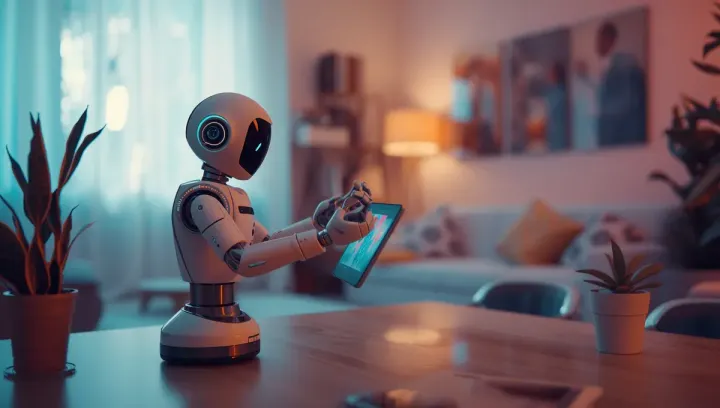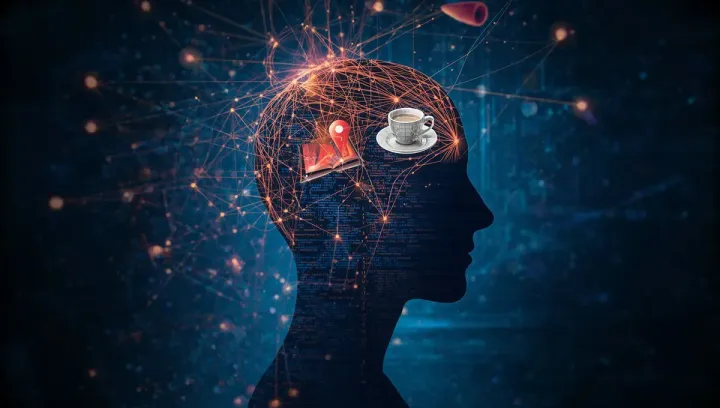
Your Office is Watching: Is JPMorgan's 'Smart' HQ a Dystopian Nightmare?
I just read about JPMorgan’s new $3 billion headquarters, and I can’t shake the feeling of a glossy, high-tech dystopia being marketed as “workplace innovation.” They call it a “significant step forward,” but I have to ask: a step forward for whom?
The article I read, which I’ve included below, paints a picture of a seamless, efficient, and wellness-focused environment. But let’s read between the lines, shall we?
The All-Seeing Office
The first thing that caught my eye was the “biometric palm scanners.” Sure, it’s “convenient,” but it’s also a massive data collection operation. Your unique biometric data, now a key to the office door. It’s the normalization of surveillance, trading a bit of friction for a whole lot of control. They say it “streamlines movement,” but it also creates a perfect, unblinking record of your every move. Where you go, when you go, who you’re with. It’s a panopticon with a great view of Manhattan.
Manufactured Wellness
Then there’s the “circadian lighting.” The office that mimics the sun, because God forbid you actually get to see the sun. It’s a system designed to “regulate sleep patterns, mood, and energy levels.” It’s a subtle form of manipulation, an attempt to bio-hack employees for maximum productivity. It’s not about your well-being; it’s about the company’s bottom line. They want you to be a well-oiled machine, and they’re willing to build a billion-dollar cage to make it happen. This isn’t wellness; it’s performance optimization. And you’re the one being optimized.
The Illusion of Choice
And of course, the “personalized services.” An app to order your coffee, your meals, to manage your meetings. It’s the illusion of choice, a way to make you feel in control while you’re being managed and monitored more than ever before. Every preference, every choice, is another data point for the company to analyze. They know when you’re tired, when you’re hungry, when you’re stressed. And you can be sure they’re using that data.
A “Standard for the Future”?
The article concludes that this is the “future of work.” If this is the future, it’s a bleak one. It’s a future where corporations don’t just buy your time, they manage your biology. They don’t just track your work; they track your life. This isn’t innovation; it’s a gilded cage. It’s a warning. And we should all be paying attention.
For the original article that inspired this post, see here.


